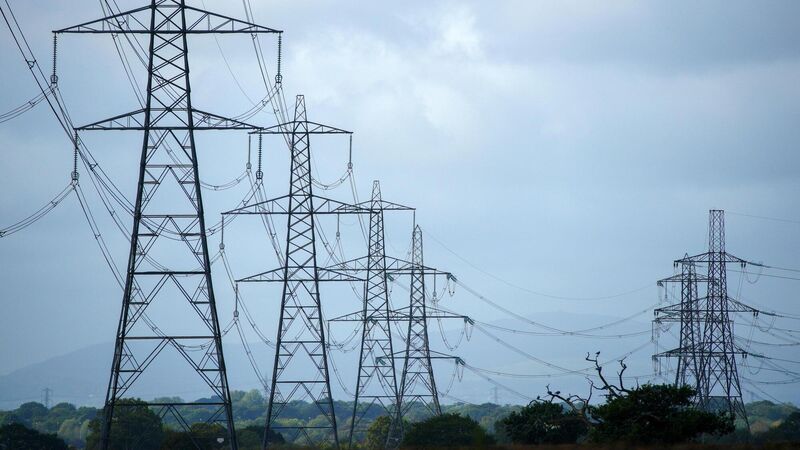Government may be asked to pay energy firms despite soaring profits

Senior Government sources were keen to stress that the plan would see retail energy firms helped due to concern about the amount of money they have to keep as collateral on wholesale gas prices.
The Government could be asked to give tens of millions of euros to retail energy companies in a bid to stabilise the sector, despite soaring prices and record profits.
The optics of any financial assistance for energy companies would be bad for the Government at a time when half of households are facing crippling bills.
European Commission president Ursula von der Leyen last week outlined a number of measures that the EU will take to tackle rising energy costs. Among these is the loosening of State aid rules to allow governments to give money to energy companies suffering liquidity issues.
The issue was discussed at an emergency meeting of EU energy ministers on Friday. Sources said the European Commission could make its final proposals as early as tomorrow. One source said EU ministers were keen to avoid companies having to access lenders of last resort, such as central banks.
Senior Government sources were keen to stress that the plan would see retail energy firms helped due to concern about the amount of money they have to keep as collateral on wholesale gas prices.
At least two of these firms have told the Government the reserve requirements required for the purchase of gas are impacting liquidity.
One senior minister said the Government will have a windfall tax on electricity generators “no matter what” but that the EU proposal stood to negate at least some of the money generated by a windfall tax on larger-than-normal profits.
Ministers said they were “not aware” of any strings to be attached to the funding, but a Government source said there was a “keen awareness” of the optics of giving public money to firms whose prices have risen.
However, senior sources said the EU’s proposal to cap revenues of non-carbon-producing generators would see funds put directly towards helping customers as prices rise.
Energia, which last week became the latest energy company to announce a price hike, warned the Government in August that there is a risk that Irish-based retailers could face the prospect of not having the ability to purchase available gas due to “massive advance collateral payments” being made before gas is supplied.
The Energia letter does not ask for support, but urges the Government to engage with the sector in order to ensure the market does not “malfunction”. The letter says that the wholesale price of gas has risen 10-fold in the last year. While this increases overheads for retail providers, it also adds to the amount of collateral they have to pay in advance.
Energia’s price increase followed Electric Ireland’s latest hike of 26.7% for electricity and 37.5% for gas, hitting 1.1m customers and coming after similar increases by other providers.
ECB president Christine Lagarde on Friday ruled out using ECB money to support energy firms.
Sinn Féin energy spokesman Darren O’Rourke said liquidity supports and the windfall tax must go hand-in-hand, with a priority of lowering bills.
“In a lot of cases there would be public opposition to energy companies at a time of profits,” he said. “If the EU proposes these liquidity supports, there has to be a windfall tax on hyper-normal profits.”
The Government is ruling nothing out in terms of cutting bills, Foreign Affairs Minister Simon Coveney said: “I think the overall package is what will count here, whether we look at price caps, whether we look at energy credits, all of that will add up, but what I can say is that these are unprecedented times and the financial response from the Government will be unprecedented as well.”
Meanwhile, Government sources have confirmed that a suite of measures aimed at small and medium businesses will be included in this month’s budget.
These will include low-cost loans similar to Brexit and Covid schemes, grants for exporters and another “broader” scheme.
CONNECT WITH US TODAY
Be the first to know the latest news and updates





